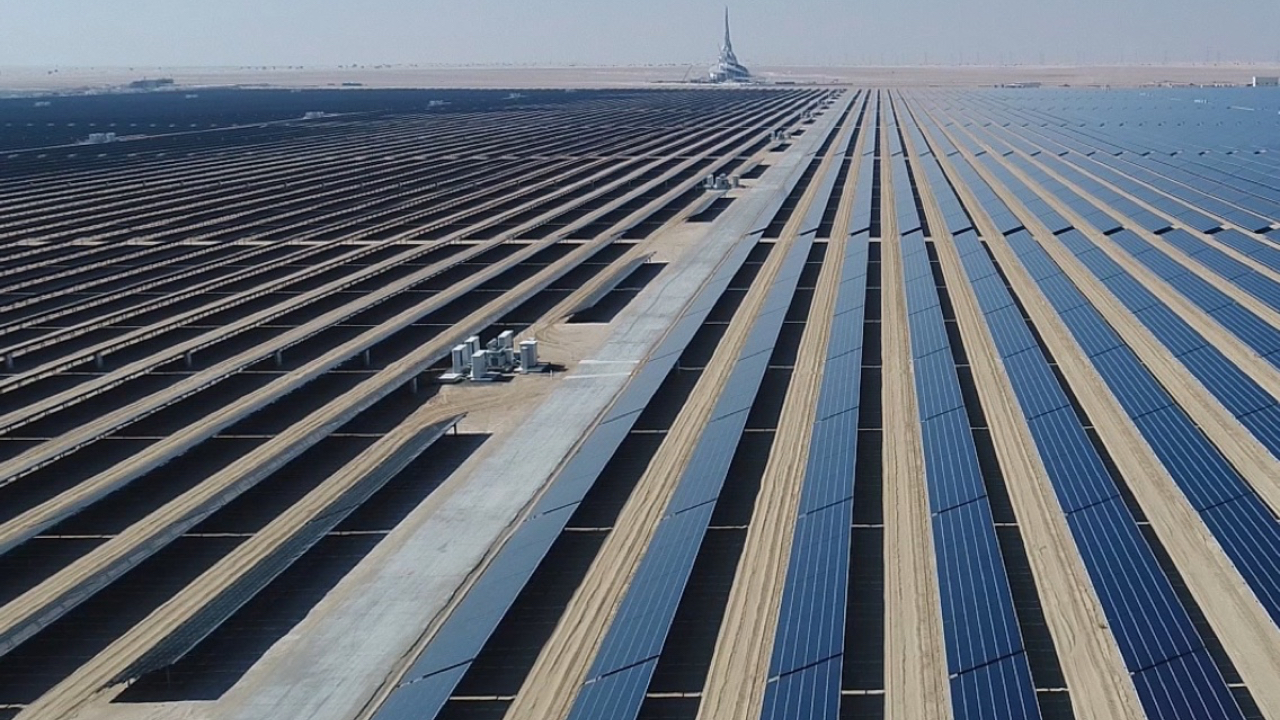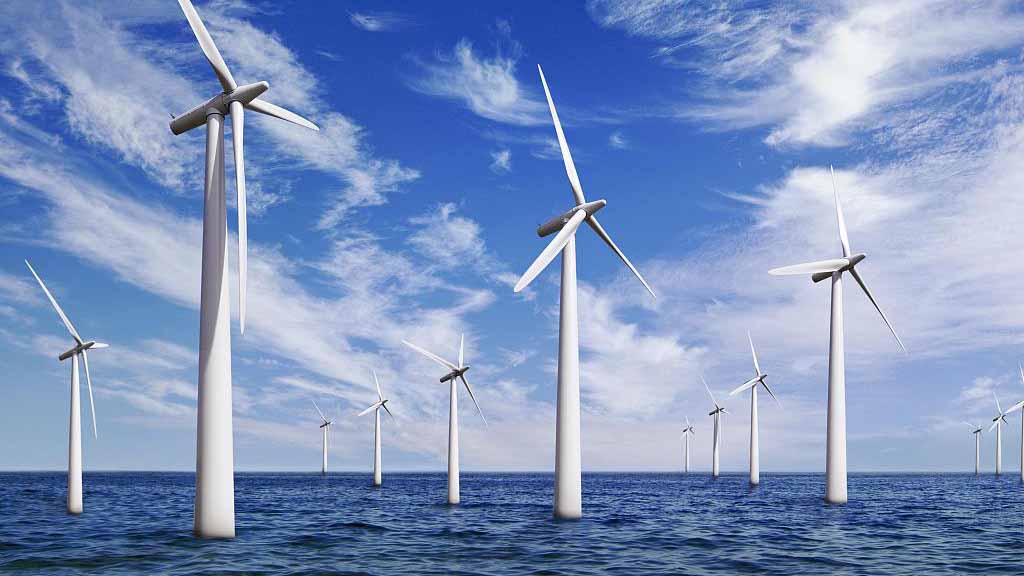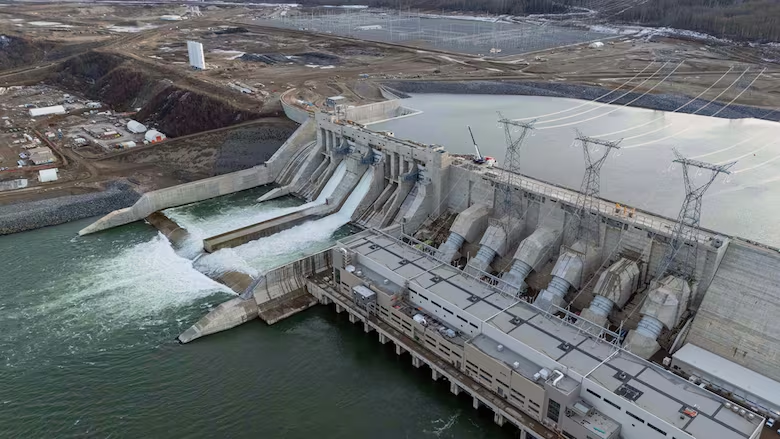CAPOWER
"Empowering a Sustainable Future with Renewable Energy"
We are professionals in the following fields:
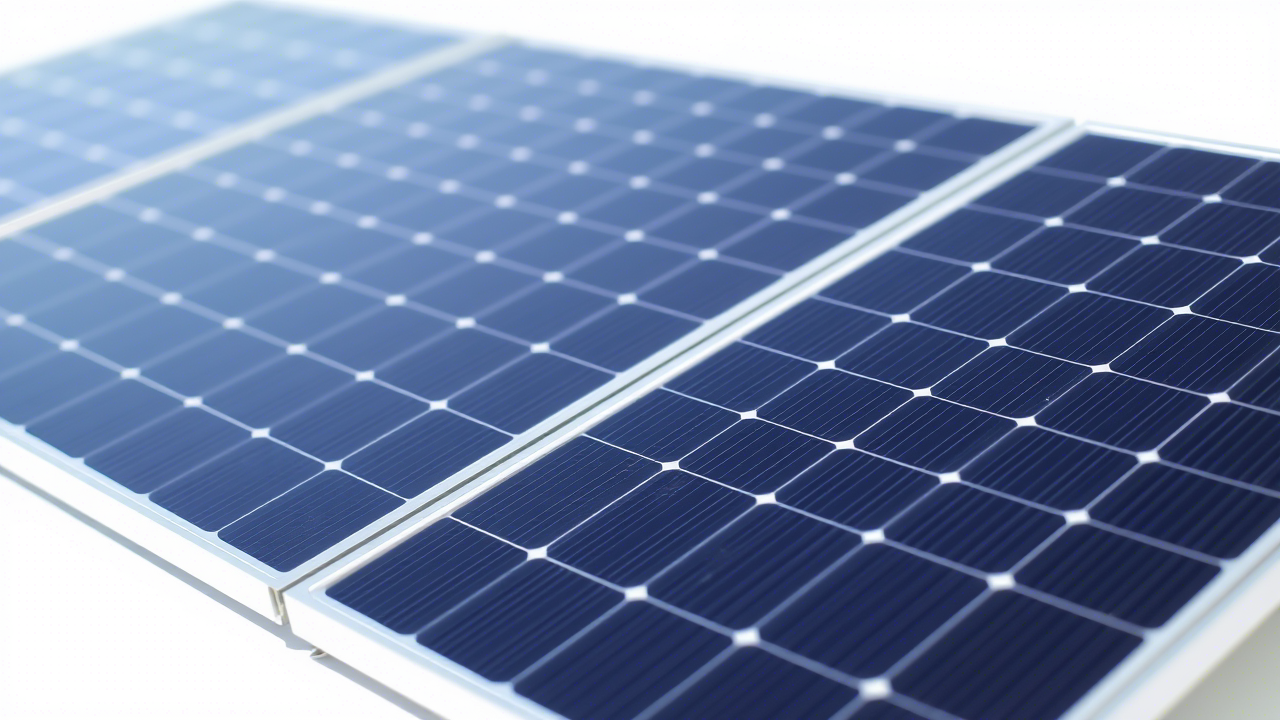
Solar Energy
- Description : Solar energy is harnessed from sunlight using photovoltaic (PV) panels. PV panels convert sunlight directly into electricity.
- Applications : Residential and commercial electricity generation, water heating, and large-scale solar farms.
- Advantages : Abundant, sustainable, and reduces electricity bills. Can be installed on rooftops or in open fields.
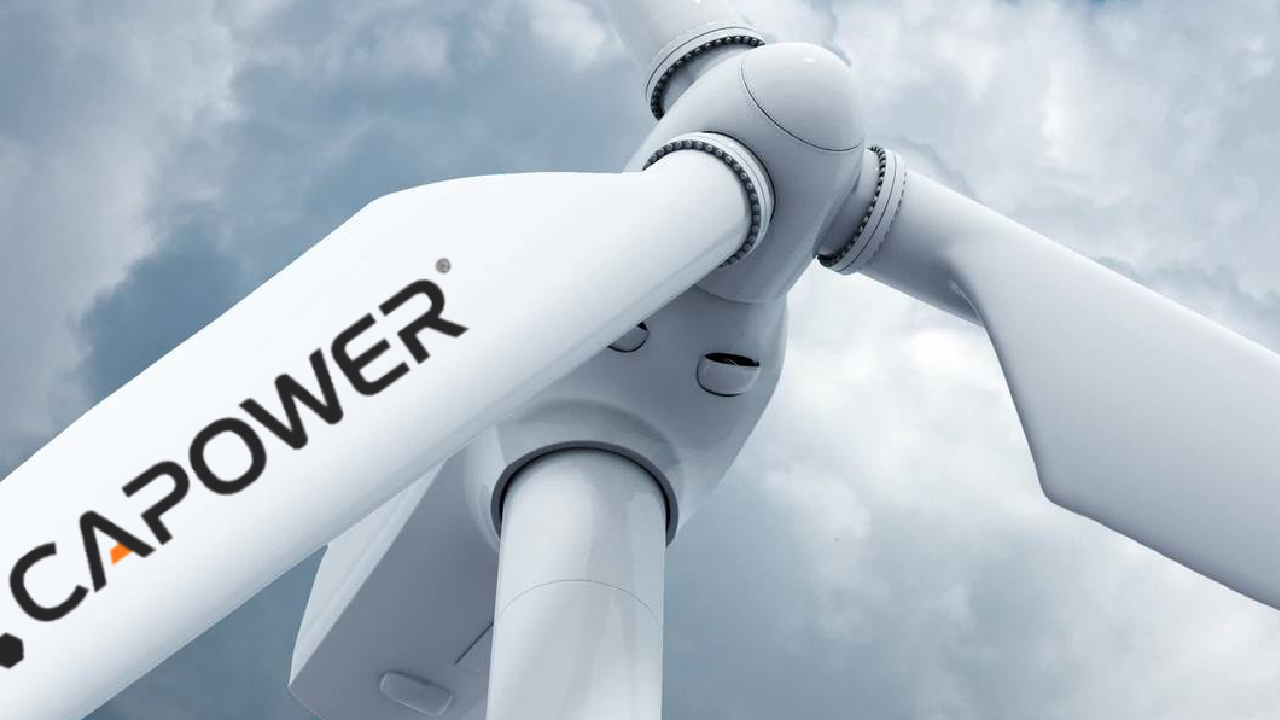
Wind Energy
- Description : Wind energy is generated by converting the kinetic energy of moving air into electricity using wind turbines. These turbines can be installed onshore or offshore.
- Applications : Powering homes, businesses, and even entire communities. Often used in large wind farms.
- Advantages : Clean, cost-effective, and scalable. Ideal for areas with consistent wind patterns.
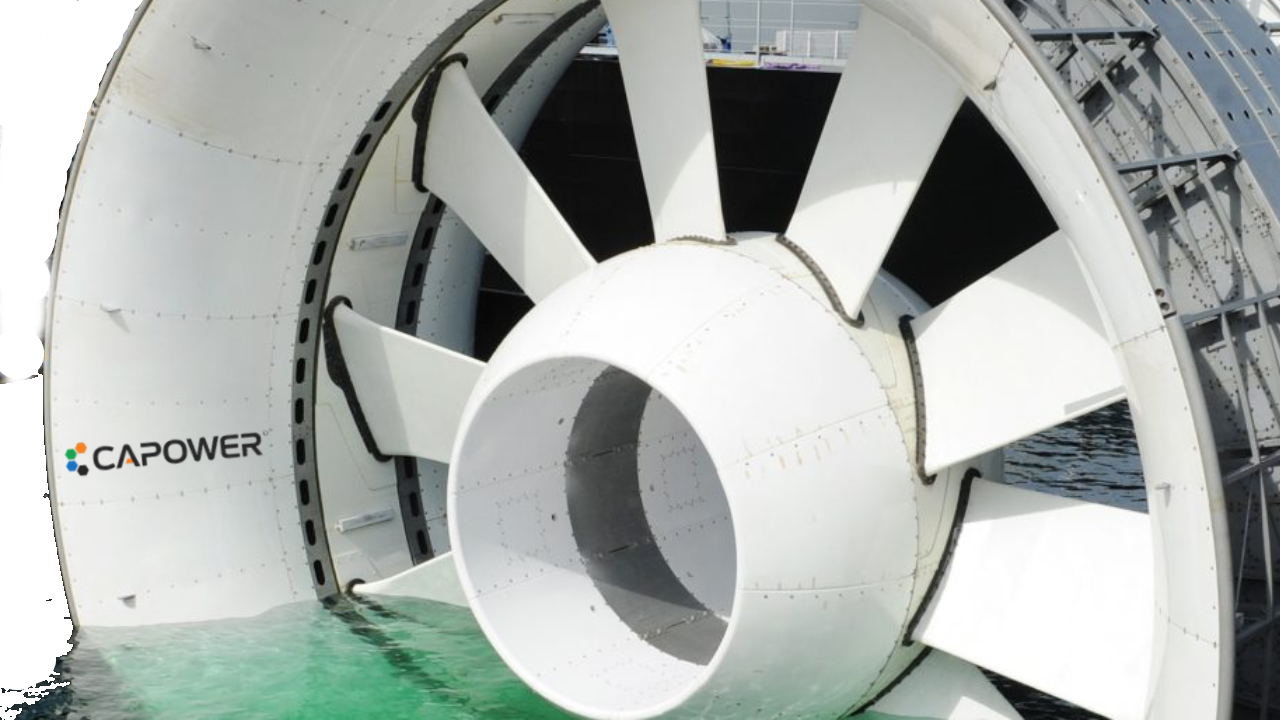
Tidal/Wave Energy
- Description : Tidal energy captures the energy of ocean tides, while wave energy harnesses the motion of waves. Both use turbines or other technologies to convert this movement into electricity.
- Applications : Coastal communities and islands, where tidal and wave patterns are strong.
- Advantages : Predictable and renewable. Minimal greenhouse gas emissions.
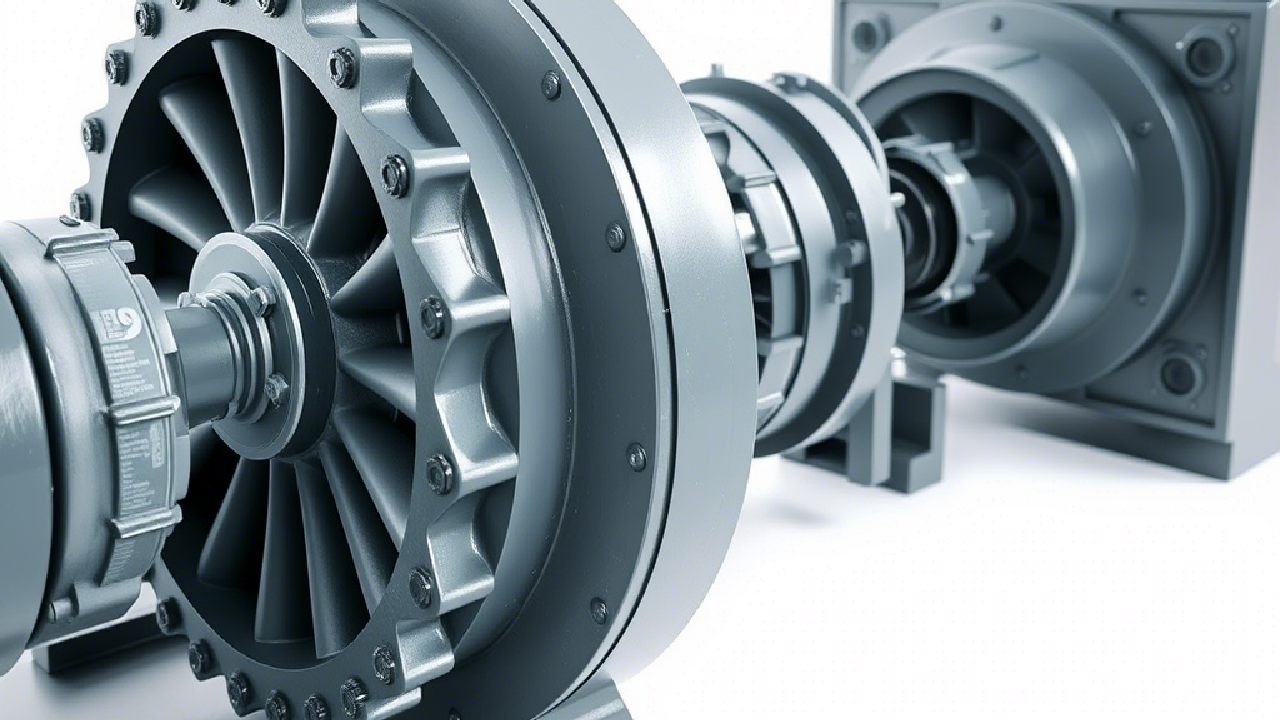
Hydropower
- Description : Hydropower generates electricity by using the flow of water in rivers, dams, or tidal systems to spin turbines connected to generators.
- Applications : Large-scale power generation, irrigation, and flood control.
- Advantages : Reliable and efficient. Can provide a steady supply of electricity, especially in regions with abundant water resources.
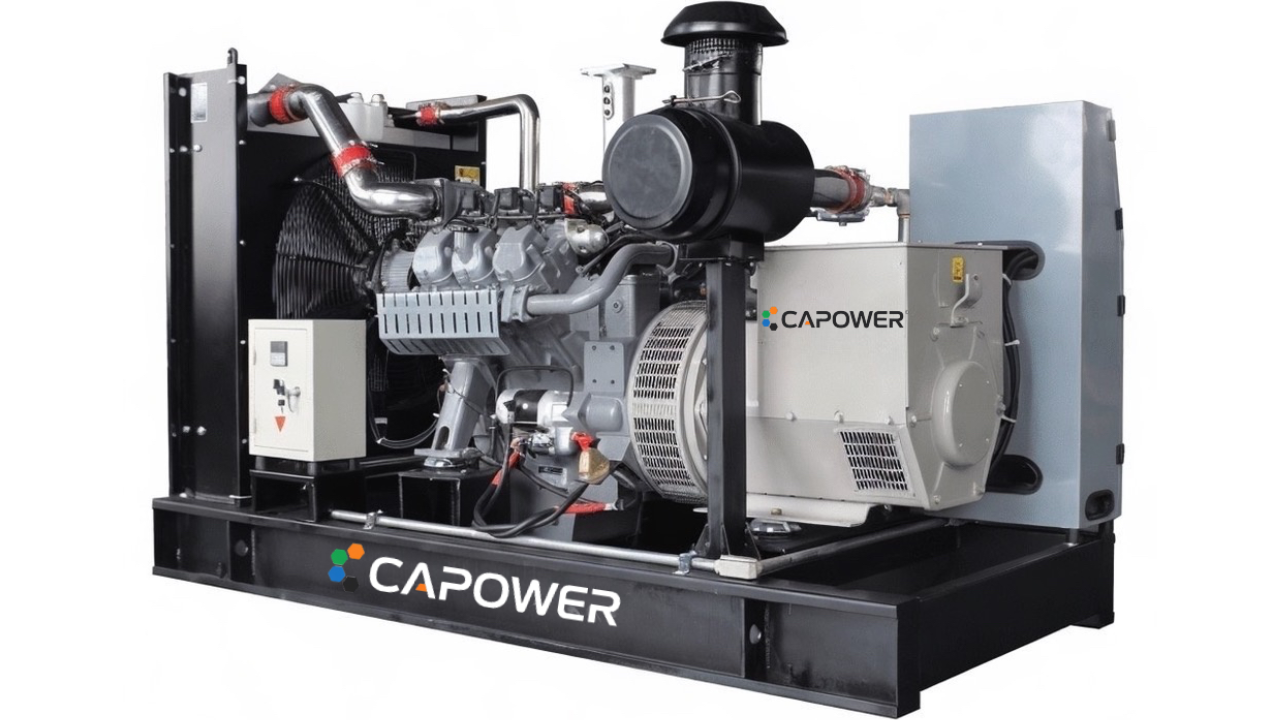
Gas Turbine Generators
- Description : Gas turbine generators are power generation systems that convert natural gas into electricity . These systems work by burning fuel in a combustion chamber, which produces high-temperature, high-pressure gas to spin a turbine connected to a generator.
- Applications : Power generation for industrial facilities, hospitals, and data centers.
- Advantages : Flexible and scalable for different energy needs.
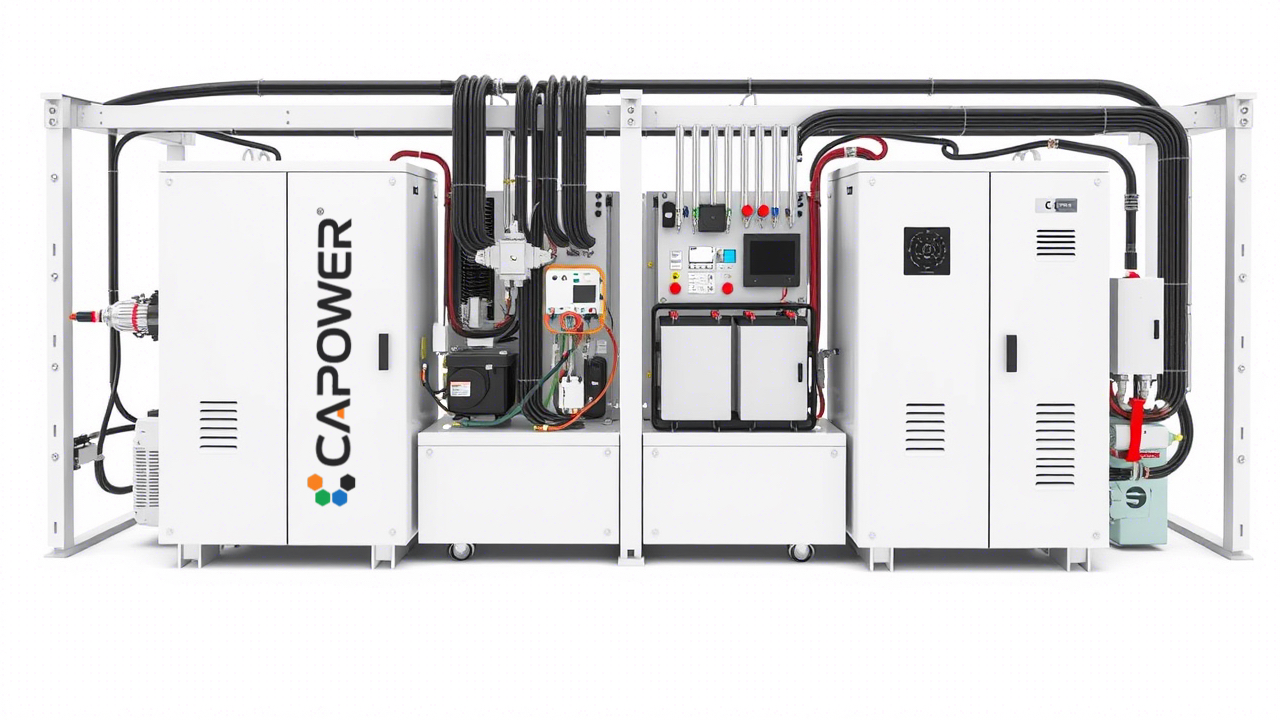
Energy Storage Systems
- Description :(ESS) are technologies designed to capture and store energy for later use. These systems play a critical role in balancing supply and demand, stabilizing the grid.
- Applications : Residential and commercial energy backup.
- Advantages : Energy storage is a cornerstone of the transition to a cleaner, more resilient energy future.

"Projects That Define Us"
"We take pride in these projects, where our team’s direct involvement brought ideas to life and achieved remarkable outcomes."
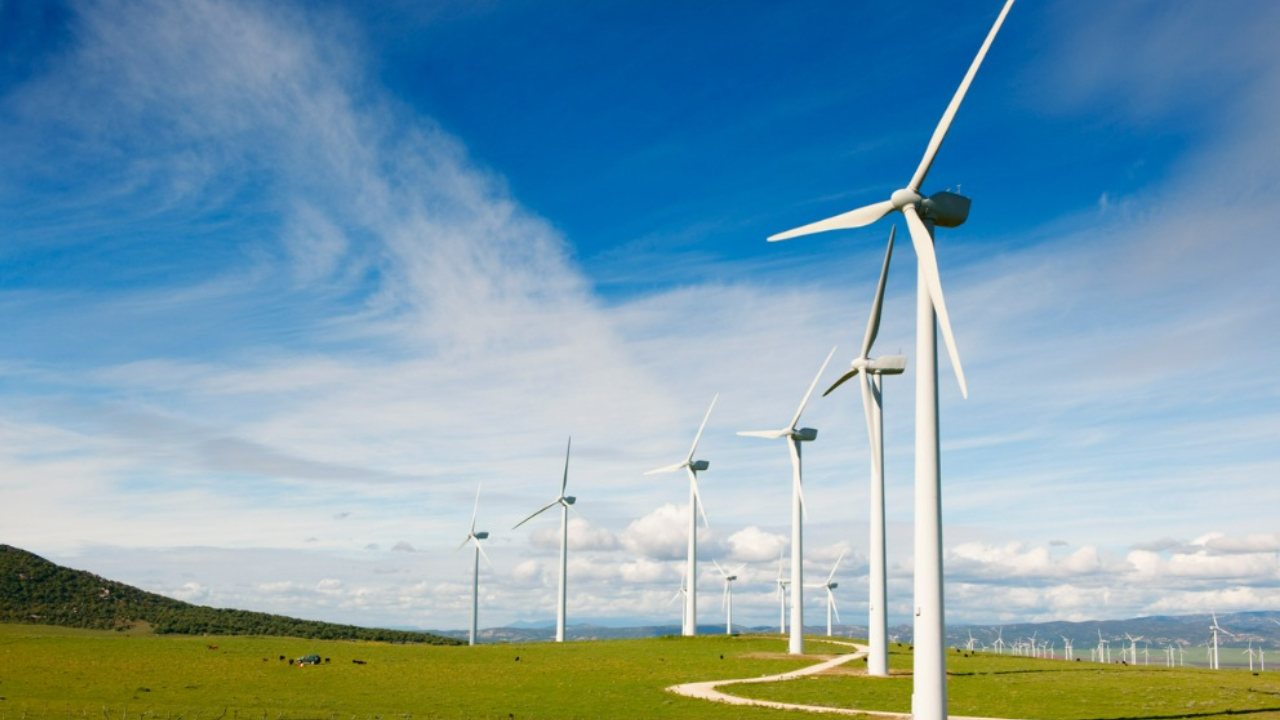
Wind Farms in Ontario & Alberta – Wind Energy
Engineering Equipment supply Supply of components
"Building the Future of Energy."
Numbers Speak
Years in the market
+
Happy Clients Worldwide
+
Client Satisfaction rate
%
Global Reach Across Countries
